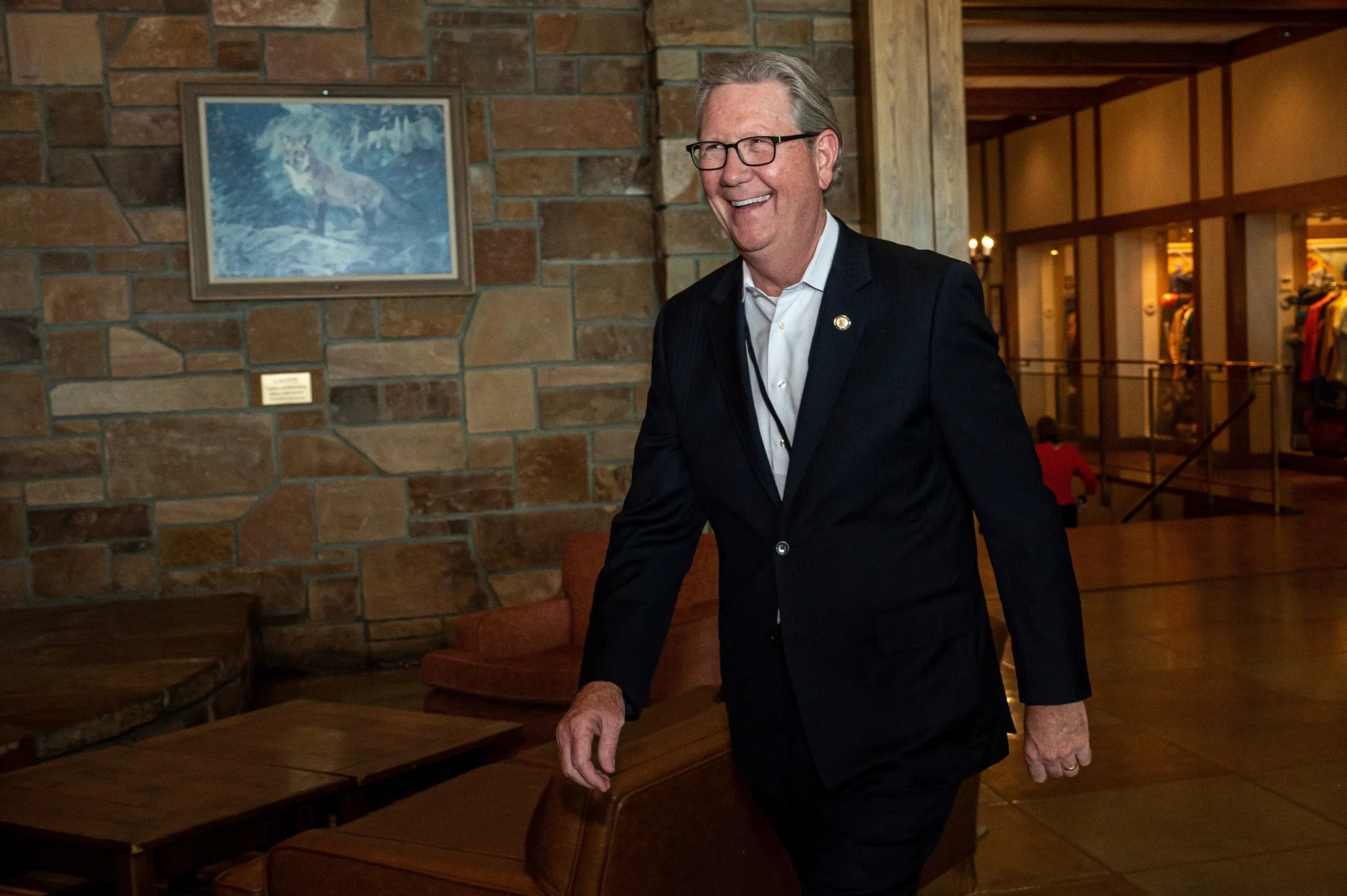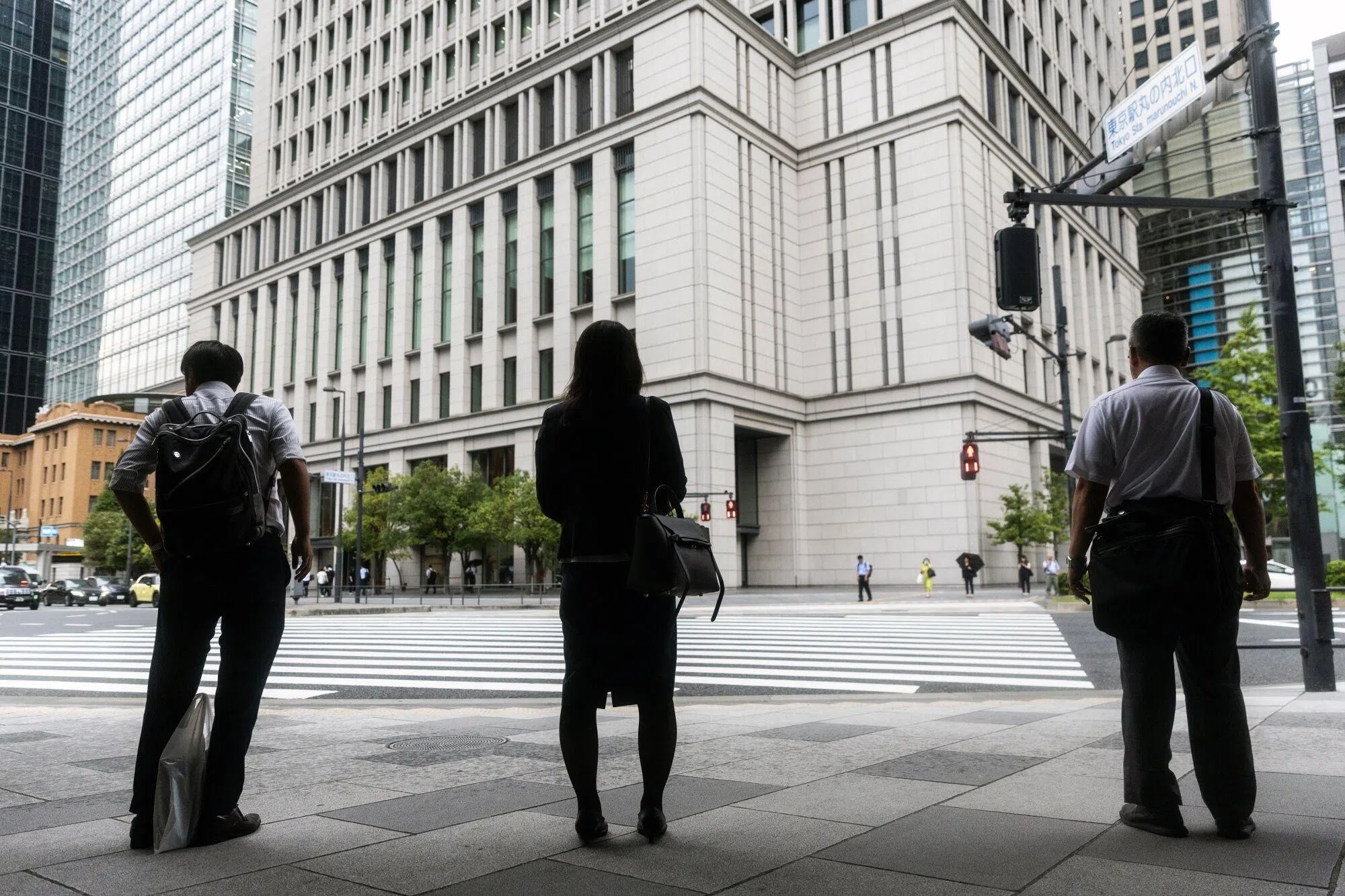FEDERAL Reserve Bank of Kansas City president Jeffrey Schmid said he favours a slower pace of interest-rate reductions given uncertainty about how low the US central bank should ultimately cut rates.
Schmid, in his first public remarks since August, said he hoped for a “more normalised” policy cycle where the Fed makes “modest” adjustments to sustain economic growth, stable prices and full employment. He said a slower pace of rate reductions will also allow the Fed to find a so-called neutral level – where policy neither weighs on nor stimulates the economy.
“Absent any major shocks, I am optimistic that we can achieve such a cycle, but I believe it will take a cautious and gradual approach to policy,” Schmid said on Monday (Oct 21) in prepared remarks for an event in Kansas City, Missouri.
Policymakers cut interest rates by a larger-than-usual half percentage point at their meeting last month, lowering rates for the first time since the onset of the pandemic, as the labour market showed signs of weakness and inflation approached the Fed’s 2 per cent goal.
“While I support dialling back the restrictiveness of policy, my preference would be to avoid outsized moves, especially given uncertainty over the eventual destination of policy and my desire to avoid contributing to financial market volatility,” Schmid said.
Economic data since the September meeting has shown hiring over the past three months was stronger than initially expected, and market participants now anticipate a smaller, quarter-point cut at the Fed’s Nov 6 to 7 meeting.
BT in your inbox
Start and end each day with the latest news stories and analyses delivered straight to your inbox.
“My read is that we are seeing a normalisation rather than a significant deterioration of conditions,” Schmid said about the labour market, adding that employers are no longer feeling the need to hoard workers, as they did immediately following the pandemic, and are hiring less aggressively.
“All of this will at least temporarily slacken the labour market as employers make these adjustments,” he said.
The Kansas City Fed chief, who will vote on monetary policy next year, said he expects rates to settle “well above” levels seen in the decade before the pandemic. Such a change could be driven by higher productivity growth and investment, and by an increase in government debt. He added that structural forces at play before Covid, including an ageing population, have not gone away.




